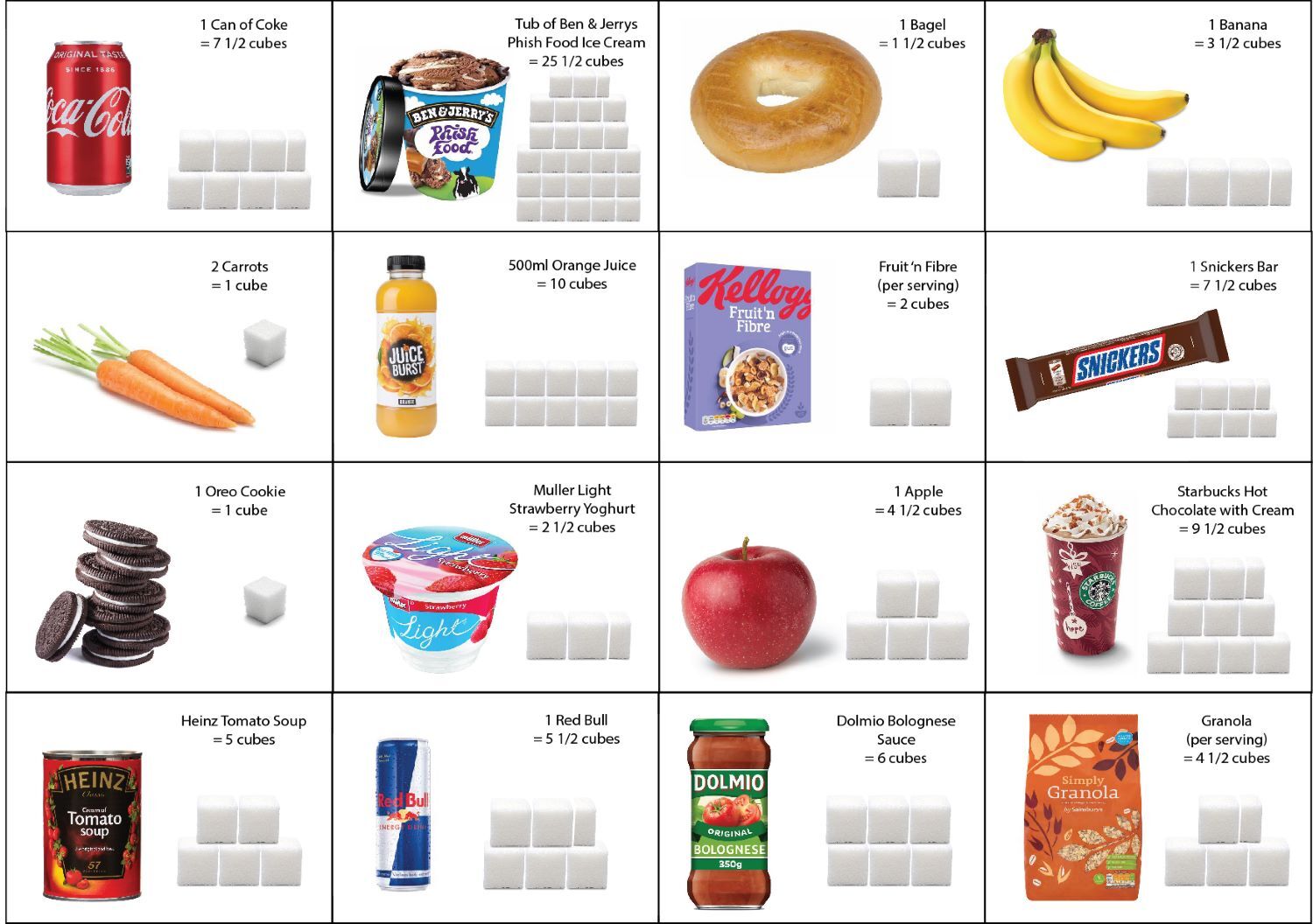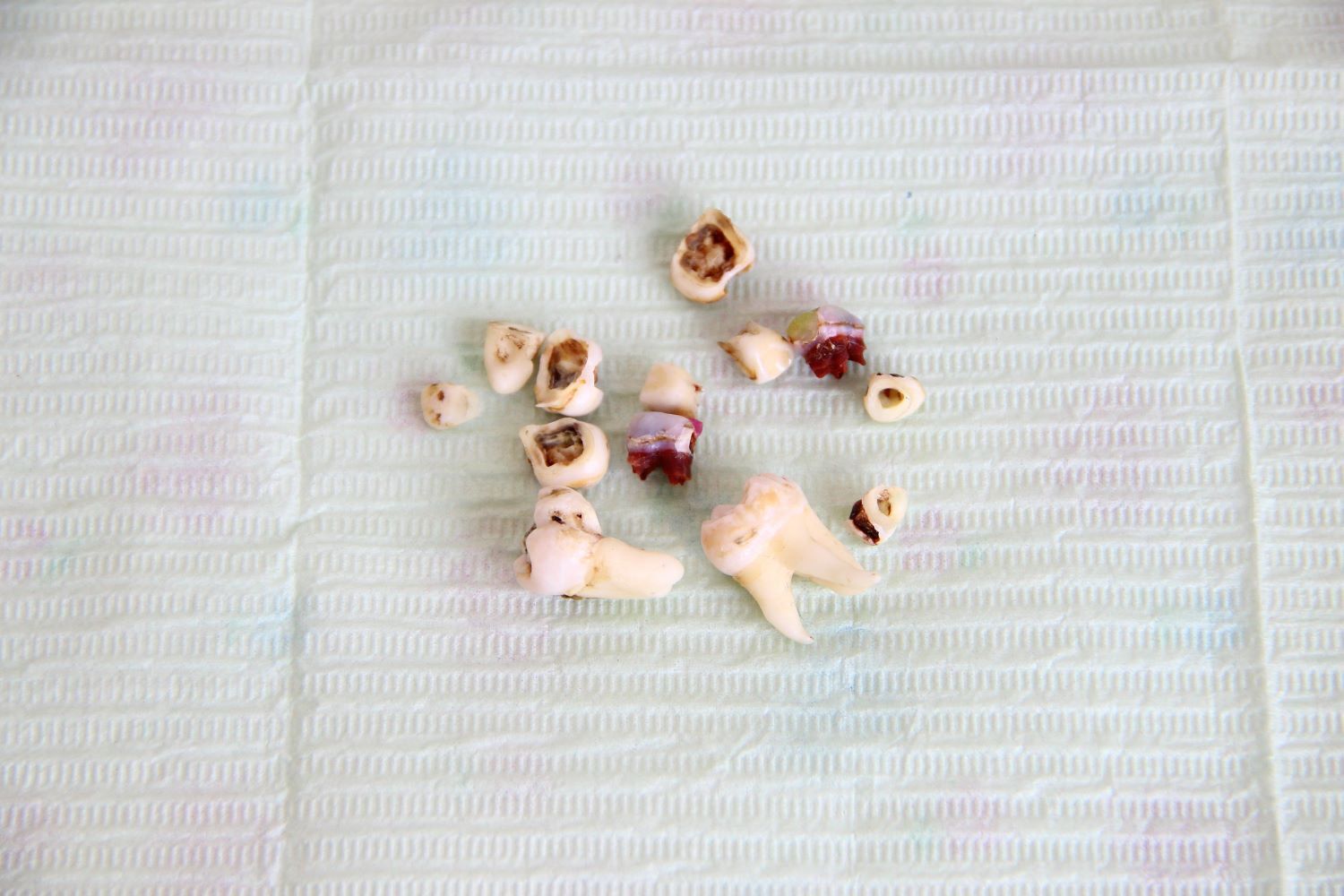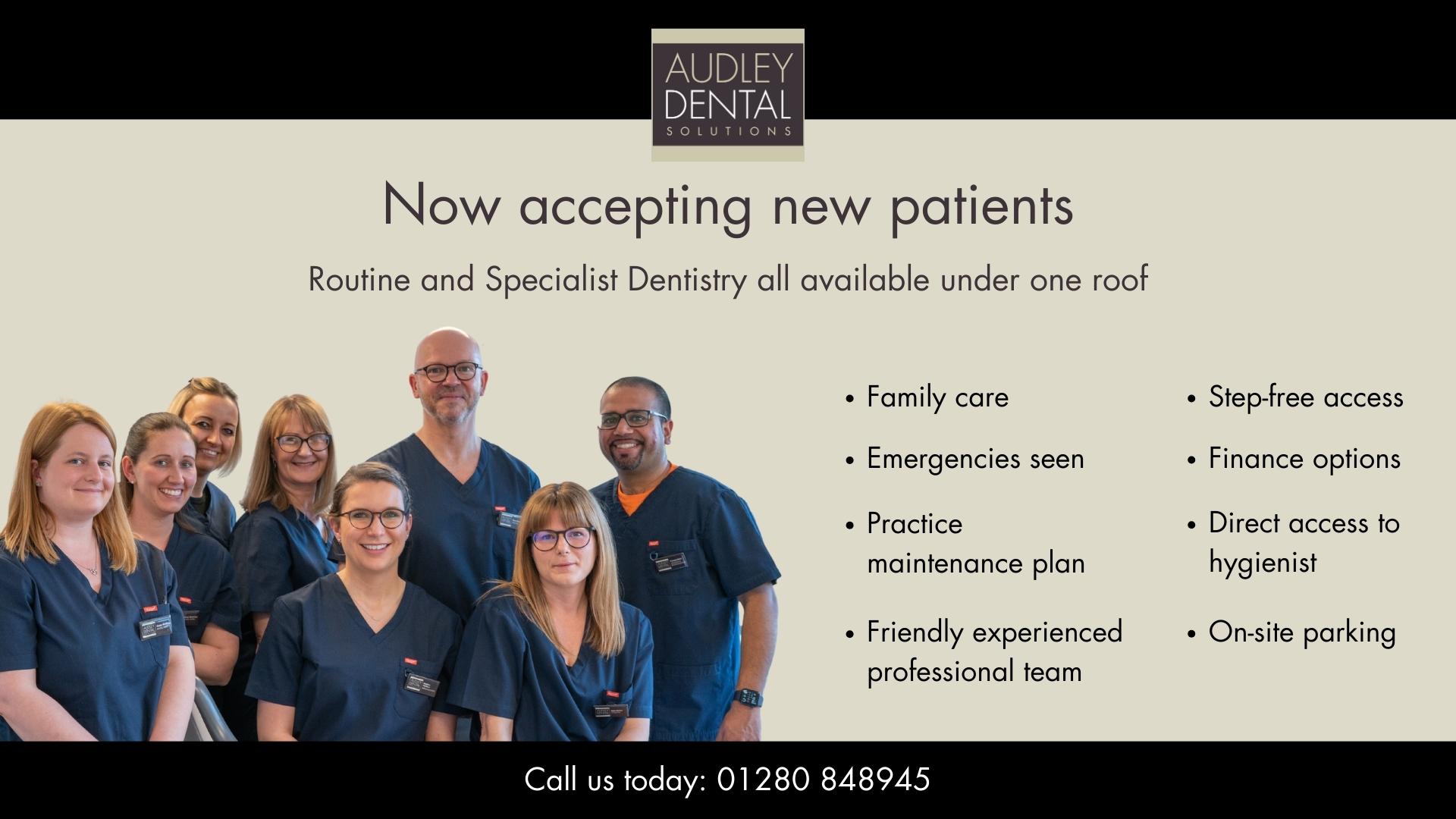"Now, let’s see what the damage is this year, shall we?" – Dr Wilbur Wonka (Charlie and the Chocolate Factory)
We all know this famous line from Willy Wonka’s stern father who so happened to be a dentist and dead against sweets and treats and let’s face it, it does seem rather extreme! As adults we think we know what we are doing when it comes to regulating our sugar consumption, but do you really know how much sugar you consume in a day and what the effects are?
The British Nutrition Foundation reported in 2015 that SACN recommended reducing the amount of free sugars in our diet from 10% to no more than 5% of total dietary energy intake for all age groups from 2 years old and up. This means that on average, we should consume no more than:
It's not surprising that sugary and fizzy drinks, confectionery such as sweets and chocolates, and ice cream have a high sugar content. However, many wouldn't expect to find shocking levels of sugar in pasta sauce, canned soups, or even fruits and vegetables. To put things into perspective, a single cube of sugar weighs 4g and the daily recommended intake of sugar for an adult is no more than 30g.
The following examples may make you reconsider what to prioritize in your diet.

How do I cut back on sugar consumption?
It's important to remember that many foods contain sugar, but there's no need to worry. The key is moderation. Some sugars, like those found in sweets and snacks, are easy to spot, but others are hidden in carbohydrates and not listed as separate ingredients. It's important to be mindful of what you're consuming and try to reduce your intake of things like sugary drinks, treats (like candy and chocolate), alcohol and added sugar in tea or cooking. These small changes can have a big impact on your health.

How does this affect my oral health and teeth?
When we eat sugar, it mixes with the bacteria in plaque and creates acid which slowly wears away the protective enamel on our teeth. This can cause cavities or holes to form. If left untreated, tooth decay can even result in abscesses which may lead to the need for tooth extraction.

Can tooth decay be prevented?
Tooth decay (or dental caries) is preventable by following a healthy oral hygiene routine. Regular Dental Hygienist appointments ensure your gums and teeth are maintained and kept in the best possible shape. It helps to avoid tooth decay, gum disease and tooth loss. You also receive tailored oral hygiene advice to ensure you have the most effective routine at home.

What are you waiting for?
If you’ve read this far then you’re obviously keen to look after your teeth. There’s no better time than right now to start making positive changes to your dental health. Although tooth loss is more common in older people it’s not inevitable and developing good habits from an early age is your best line of defence.
At Audley Dental Solutions, our in-house dental hygienist, Kate Barker, helps our patients maintain good oral health by offering a professional teeth cleaning service to protect against gum disease and tooth decay.
Contact us on 01280 848945.

